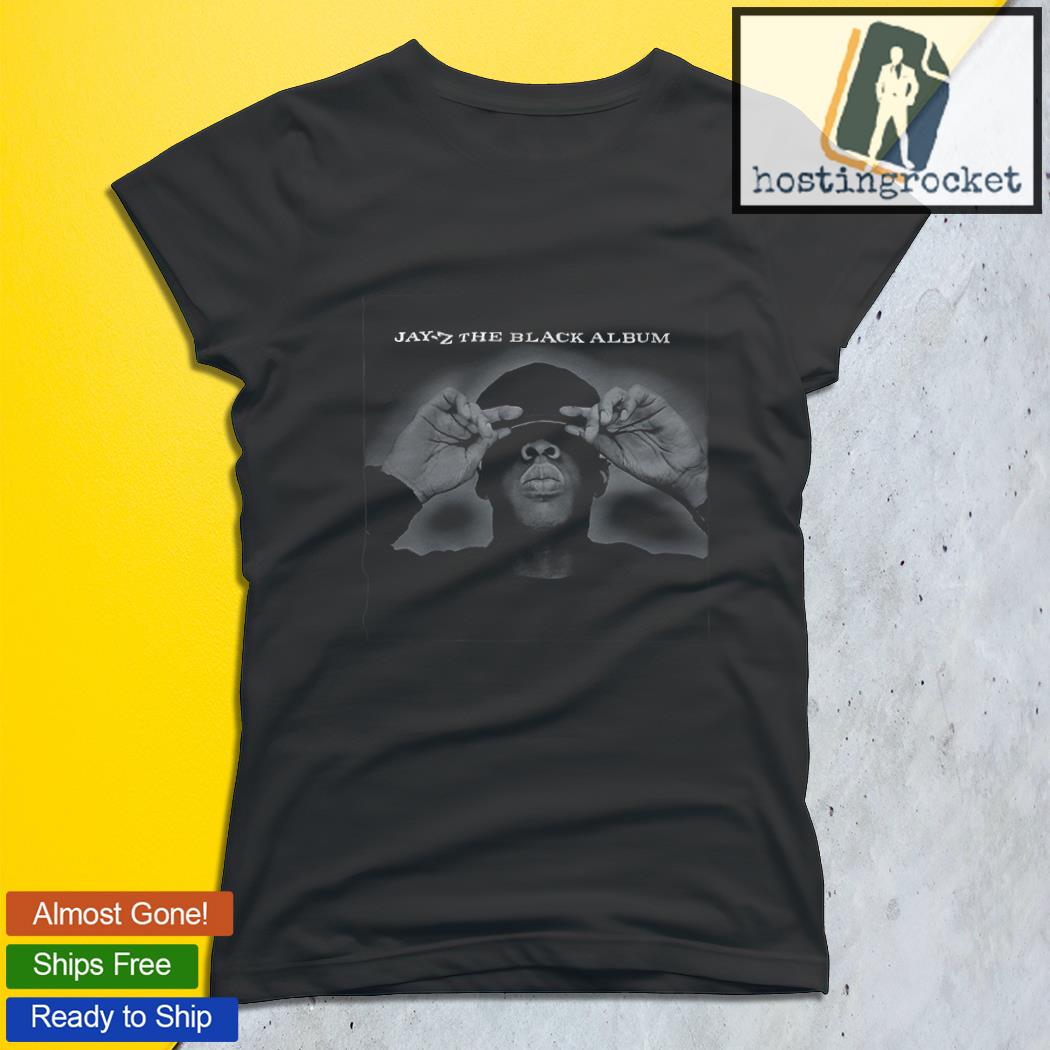

The back history begins with the first song, "December 4" (his birthday), on which Carter traces his life from birth day to present day, riding a mock fanfare and the heart-tugging strings of producer Just Blaze, along with frequent remembrances from his mother in This Is Your Life fashion. As he has in the past, Jay-Z balances the boasting with extensive meditations on his life and his career. After the immediate classic The Blueprint found him at the peak of his powers, and The Blueprint²: The Gift & the Curse came as the most deflating sequel since Star Wars: Episode I, his follow-up (and possible siren song) impresses on the same level as the best of his career.

For years Shawn Carter has been the best rapper and the most popular, a man who can strut the player lifestyle with one track and become the eloquent hip-hop everyman with the next, an artist for whom modesty is often a sin, and yet, one who still sounds sincere when he's discussing his humble origins or his recurring doubts. If The Black Album is Jay-Z's last, as he publicly stated it will be, it illustrates an artist going out in top form.
#JAY Z THE BLACK ALBUM SKIN#
The faces and skin tones of the people doubting Shawn Carter were changing, and he morphed into something else to meet that challenge.Purchase and download this album in a wide variety of formats depending on your needs. The anger, ego and ferocity that honed the first half of Hov’s career were no longer sustainable prospects for a man dating Beyoncé who would go on to rub elbows with the President. When Jay-Z raps, “I’m from rags to riches, niggas, I ain’t dumb” it’s the crystallization of a life. Critics, radio, magazines and the police all get it, three minutes and fifty-four seconds of Jay being a petty god. Vicious, succinct, perfect, no Hov song since has reached that height of fury tempered by effortless control. “99 Problems” is the only true retirement on The Black Album. His mom reminisces about his childhood on “December 4th,” while Jay reckons with his father’s death on “99 Problems.” Even a song like “Change Clothes” serves a clear purpose, the trading of throwback jerseys for collared shirts seemingly a test to see how far Hov could push the “grown and sexy” shtick before it buckled under its own pompous weight. He asked if we wanted an encore, but before anyone can answer he places his name next to Michael Jordan and The Grateful Dead. Jay’s eighth studio is a king’s tantrum masked as a moment of lionization. Eminem was about to run into a creative wall he’d never recover from, 50 Cent hadn’t reached the zenith of his commercial power, Kanye West was far from being a lyrical peer, Aubrey Graham was still a teen soap opera star. In 2003, Hov was operating in a space where social media was barely in its infancy, stealing digital files was more of a concern than streaming, organizing discs into a binder was still a thing. “There’s never been a nigga this good for this long / This hood or this pop, this hot or this strong,” Jay spits over the “Something for Nothing” sample. Jay pleads with the audience, “What more can I say to you? You heard it all,” which is severely depressing and darkly humorous when you consider how bored the world’s most successful rapper has to be in order to make an entire song about the subject. The Black Album is a work of sheer disgust at the excess of success. According to him “The game ain’t hot,” and hip-hop was now “corny.” His stated reason for leaving the genre behind was clear. Every piece of major label music is a publicity stunt by necessity, wrapped in an artistic package. He was asked if his retirement was a publicity stunt. I could think of other ways to get attention,” Jay-Z defensively told Touré in a 2003 New York Times interview.


 0 kommentar(er)
0 kommentar(er)
